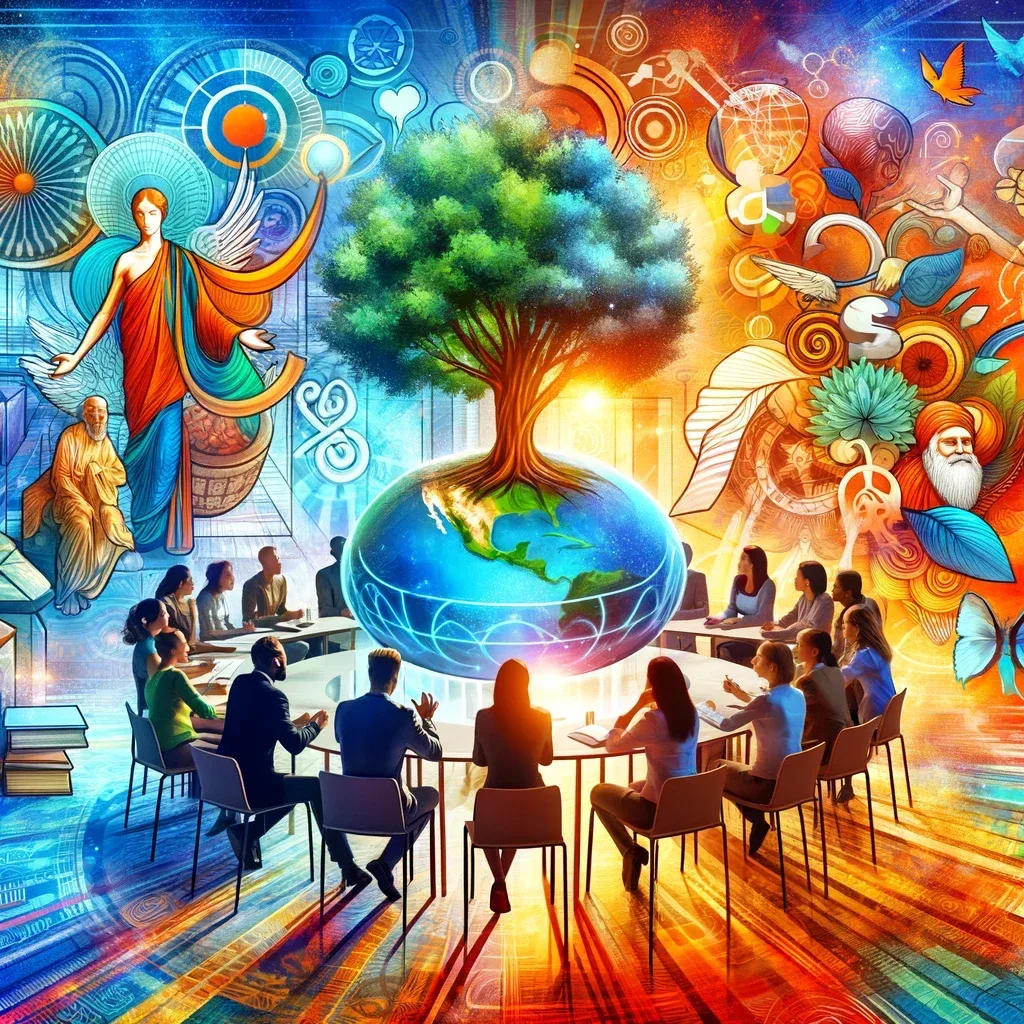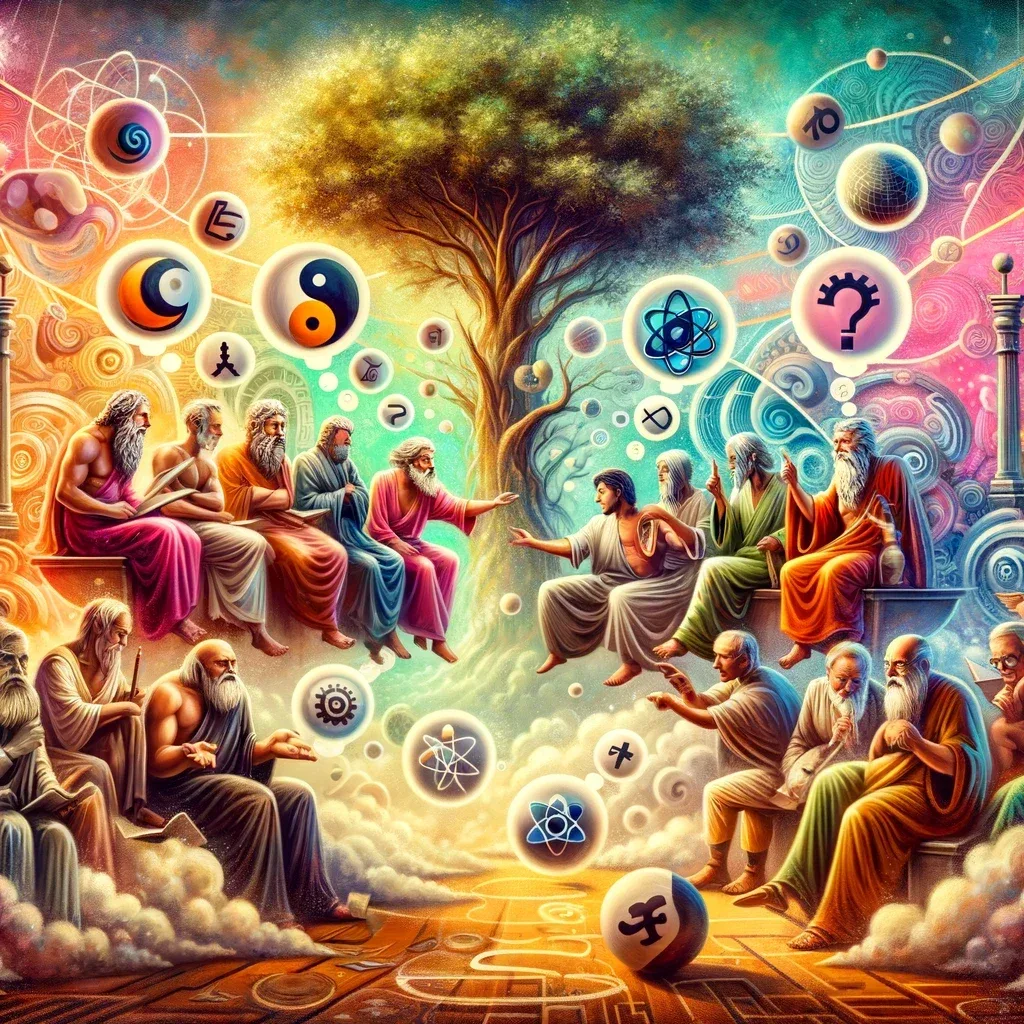International Philosophy Day, an annual celebration dedicated to reflection and critical thinking, is an opportunity to recognize philosophy's vital contribution to global society. This article explores the origin, meaning, and activities associated with this significant day, emphasizing the perennial relevance of philosophy in our modern world.

Origins of International Philosophy Day

The UNESCO Proclamation
International Philosophy Day was established by UNESCO in 2002. This proclamation reflects the organization's commitment to promoting philosophical thought as a way of developing understanding and tolerance among people. This day occurs every third Thursday in November, providing a platform to debate crucial philosophical questions.
Goals and objectives
The main objectives of this day are to foster philosophical dialogue, increase public awareness of philosophy and highlight its role in human development. Goals include promoting philosophical education, reflecting on contemporary challenges and encouraging diversity of thought.
History and Evolution
Since its inception, International Philosophy Day has grown in scope and influence. Initially focused on academic events, it has expanded to include workshops, exhibitions and public debates, reaching a wider and more diverse audience.
Themes and Discussions on International Philosophy Day

Annual Themes
Each year, a specific theme is chosen to guide discussions and events. These themes range from ethical issues to sociopolitical challenges, reflecting contemporary concerns and the practical application of philosophy.
Debates and Lectures
Typical events include debates, conferences and lectures, bringing together philosophers, academics and the general public. These discussions aim to promote mutual understanding and offer philosophical insights into global problems.
Global Participation
International Philosophy Day is celebrated globally, with events organized by schools, universities, cultural institutions and community groups. This demonstrates the universality of the philosophy and its cross-cultural appeal.
The Importance of Philosophy Today

Facing Contemporary Challenges
Philosophy is crucial to understanding and responding to current challenges such as the climate crisis, social justice and technology. It provides a basis for critical thinking and ethical decision-making.
Education and Critical Thinking
Celebrating this day highlights the importance of philosophical education. Learning to philosophize is fundamental to developing critical and analytical thinking skills, essential in an ever-changing world.
Promoting Dialogue and Understanding
International Philosophy Day encourages dialogue between cultures and generations. It provides a forum for the exchange of ideas and promotes understanding and respect for different philosophical perspectives.
Events and Activities

Workshops and Seminars
Workshops and seminars are held to explore different philosophical traditions and address contemporary topics, providing opportunities for learning and community engagement.
Publications and Online Resources
Many organizations release special publications or online resources, including articles, podcasts, and videos, to commemorate this day, making the philosophy accessible to a wider audience.
Educational Initiatives
Schools and universities play a key role, organizing educational activities such as essay competitions and debates to engage students in philosophy.
Conclusion
International Philosophy Day is an essential celebration that highlights the relevance of philosophy in our everyday lives and its role in building a more reflective and understanding world. By participating in this day, we reaffirm our commitment to the philosophical values of questioning, dialogue and the search for truth.






